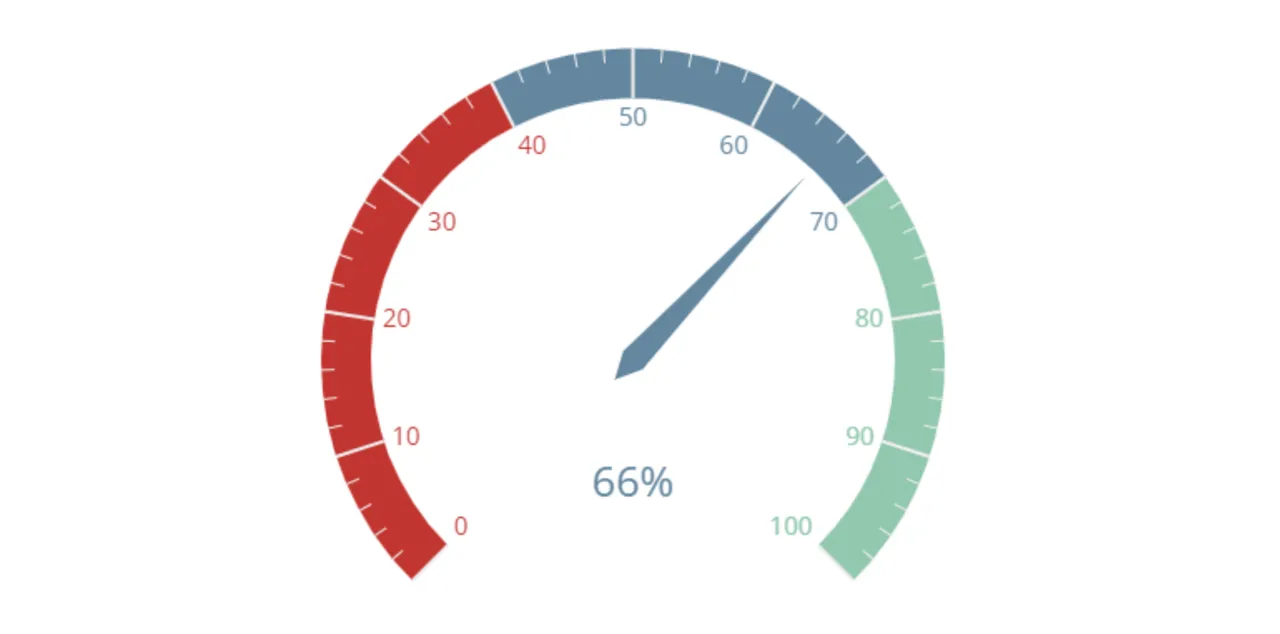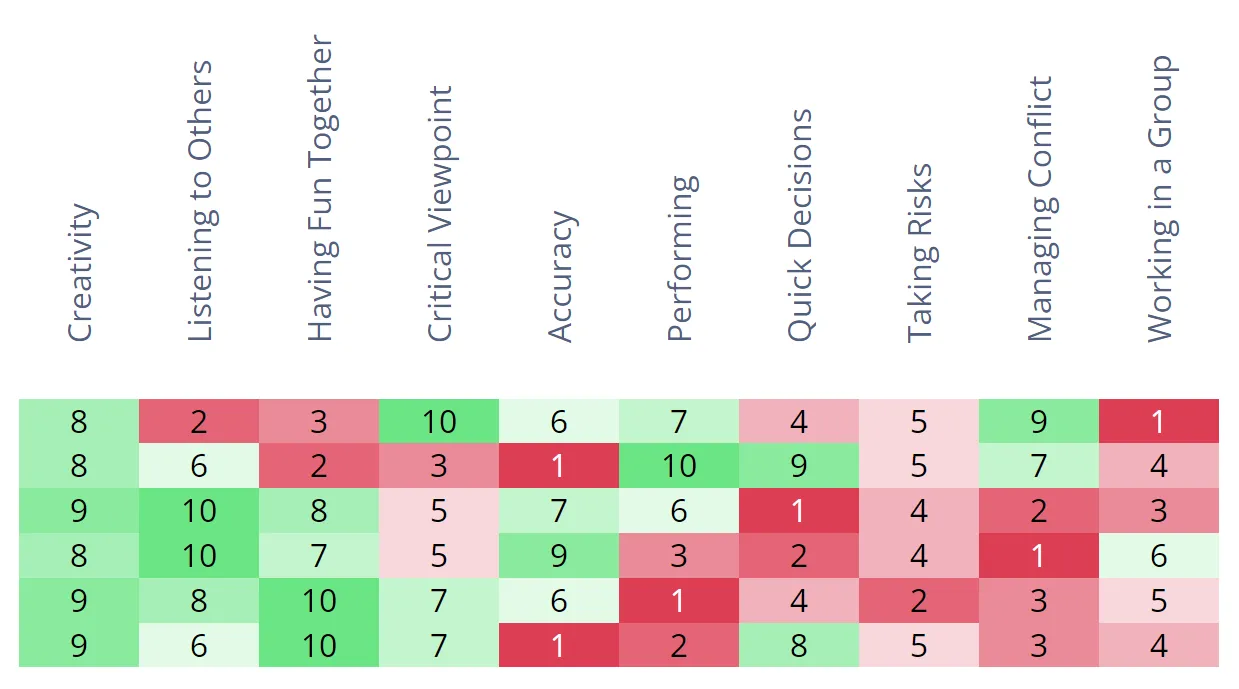I have been thinking a bit about what my strength areas are, and what I might be able to do with them. Probably, not much. However, we had a remote Team (distributed team) event last night and I realized that a lot of my colleagues don't know me so well. Or rather, they only see parts of me well. This is normal of course, because while I am pretty much the same everywhere, some aspects get emphasized more, whilst others get diminished, depending on circumstance.

For instance, I am far more humorous in the office and joke a lot. But at home, I take things more seriously. I think this is in response to the audience, where my wife just can't take a joke. But, it is also because in the office, humor facilitates the types of conversations I have. I also have a "training persona" which kicks in whenever I have to deliver, whether it be in-person, or remotely.
We all have different approaches in the way we talk to people, unless we are perhaps on the autism spectrum, and don't adjust based on who we are talking to. For example, one of my friends really struggles to talk with my daughter, because he is just unable to alter his vocabulary to a level of a seven year old. Most people will do this naturally when talking to children, with tone and speed of voice adjusting to the point they are talking nonsense to a baby.
We never did baby talk with our daughter.
We played a team game in the session (while I was drinking wine), where we first had to rank ten statements from highest to lowest based on our opinions of ourselves. Then, we went on a virtual trip, where there was ten steps, each demonstrating one of these statements, and we would have to choose one person to "deal" with it. We would then get a diagram of who chose who, and how everyone had also ranked themselves.
As a team, we chose the most suitable person 66% of the time, which means we are pretty in sync with strength areas.

There are six of us in the team and there is a fair amount of correlation between our personal choices too.
I am the bottom row.

But, this is based on what we like more than what we can do, however it was interesting to some that I ranked "performing" (to the public) so low, considering I have to do it nearly daily in my work. I also don't like taking risks, nor does anyone in the team, but at least from a work context, this makes sense, because while we actually take many risks, they are all calculated. Calculated risks are for those who are risk averse - risk seekers might not do their due diligence, because that reduces risks.
My supervisor is at the top and they ranked managing conflict high on their skills list, which is again true. But they also like managing conflict, which I believe is because it helps them feel a part of the discussion, in the thick of it. I manage conflict fine, but I don't like it much at all, so if I can avoid having to manage the dramas of others, I will. For my own, I try to avoid creating situations where conflict management becomes a required "thing", by building relationships that are functional and need low maintenance instead.
I don't like drama.
One thing that stood out to me was that one of my colleagues and I both had "accuracy" low on our skill choices, but also both ranked making quick decisions highly. This makes sense, because people who decide fast, tend to do so on little information, which means there isn't much to consider, while people who make slow decisions, want to evaluate the information available. Yet, there is also another factor to think about, because experience can allow for fast and good decisions to be made, because the information is able to also be processed quickly, with familiar patterns recognized and heuristics applied. Like I tell my daughter,
Moving fast doesn't mean you are good at something. Moving fast with accuracy does, and it takes a lot of practice.
One of my colleagues brought up "intuition" means being able to make fast decisions, and this is true, but intuition is formed from experience and belief that the experience as valid and applicable. When people act on intuition, it doesn't mean they act well, it just means that it feels right when they do it. However, if our intuition is based on invalid experience, it can be very bad indeed.
Especially since the stroke, I have lost nearly all my intuition, which means I have actually slowed down my thinking considerably, because I have to manually draw experience to the surface and evaluate it again. This has changed me in many, many ways, and sometimes I wonder if when I reflect, whether I am using the lens of me today, or who I was earlier.
It was an interesting (and fun) few hours with colleagues, and while it didn't uncover anything groundbreaking, it did remind me that there are skills that I possess and use daily, that my colleagues don't see directly. They affect my behavior and outcomes, but they fly under the radar, because they are obscured by other aspects of my personality I employ.
The other interesting thing was that while some people did choose me for some questions, for the most part, I didn't stand out as a clear option for anything, or a clear do not choose. I don't mind this, because that is pretty much how I have made it through life, not standing out, but being able to do everything I need to do, at at least the level required for the position.
The game was basic and silly, but it did create a decent framework for discussion, insight and reflection, which is always valuable.
Taraz
[ Gen1: Hive ]